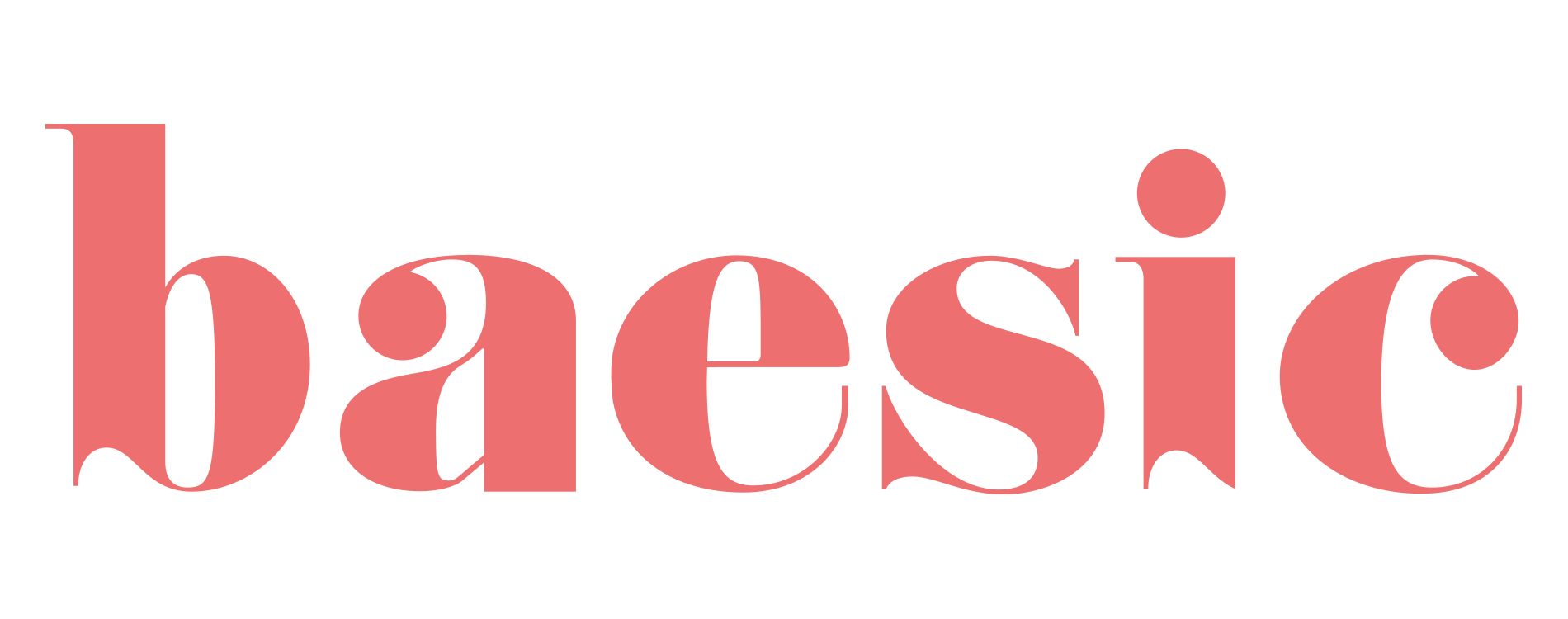Not all women menstruate and not all people who menstruate are women.
When it comes to monthly periods, it comes down to biology, unlike gender. If a person has a functioning uterus and a vagina, menstruation will occur regardless of gender identity. Transgender men, who are born with a vagina, will menstruate, which is why transgender men who menstruate every month can feel excluded if the discussion is that only women menstruate. Transgender women on the other hand are not born with uteruses and vaginas so they will not get their period. Feeling confused? It’s easy! Just remember, at the end of the day, gender identity has nothing to do with menstruation!
The different types of menstruators:
It’s very important to understand the different types of menstruators. Usually, all cisgender women (who are assigned female at the time of their birth) have their periods. In some cases, they don’t menstruate due to menopause, stress, health complications, or a hysterectomy. At the same time, some people menstruate but aren’t cisgender women. They may be trans men, intersex, genderqueer or nonbinary.
Things to remember:
-
Using the terms "People who menstruate", "people who have periods", or "menstruators".
-
Referring to period products as just that! "Period products", "menstruation hygiene products", or use the names for the specific products you are referring to, such as "pads", "tampons", "liners", "menstrual cups", etc.
If you are describing the process of the menstrual cycle, you could say things like "the uterus", instead of "a woman’s uterus", and use biological and medical names or phrases. It should be noted that depending on the situation, talking about anatomy can be another trigger for dysphoria, so please proceed with caution and be mindful of keeping terms non-gendered. (Also, don’t ask questions about someone’s anatomy. If someone asks for a period product, do not assume their gender, or ask questions about their genitals. Regardless of the situation or the person, asking about someone’s genitals is just not okay. This is a conversation that would only be appropriate (at certain times) between a doctor and their patients. Also, don’t ask if the period product is for their girlfriend. It’s just another layer of assuming the gender of whoever needs the product).
Promoting Inclusivity
We live in a world where people should stand up for basic human rights and inclusion. The LGBTQ+ community deserves every product they need and should be able to get it without feeling uncomfortable. This is what Baesic aims for. With its range of menstruation-hygiene products, Baesic is continuously striving to instill a sense of inclusivity and upliftment in everyone.

